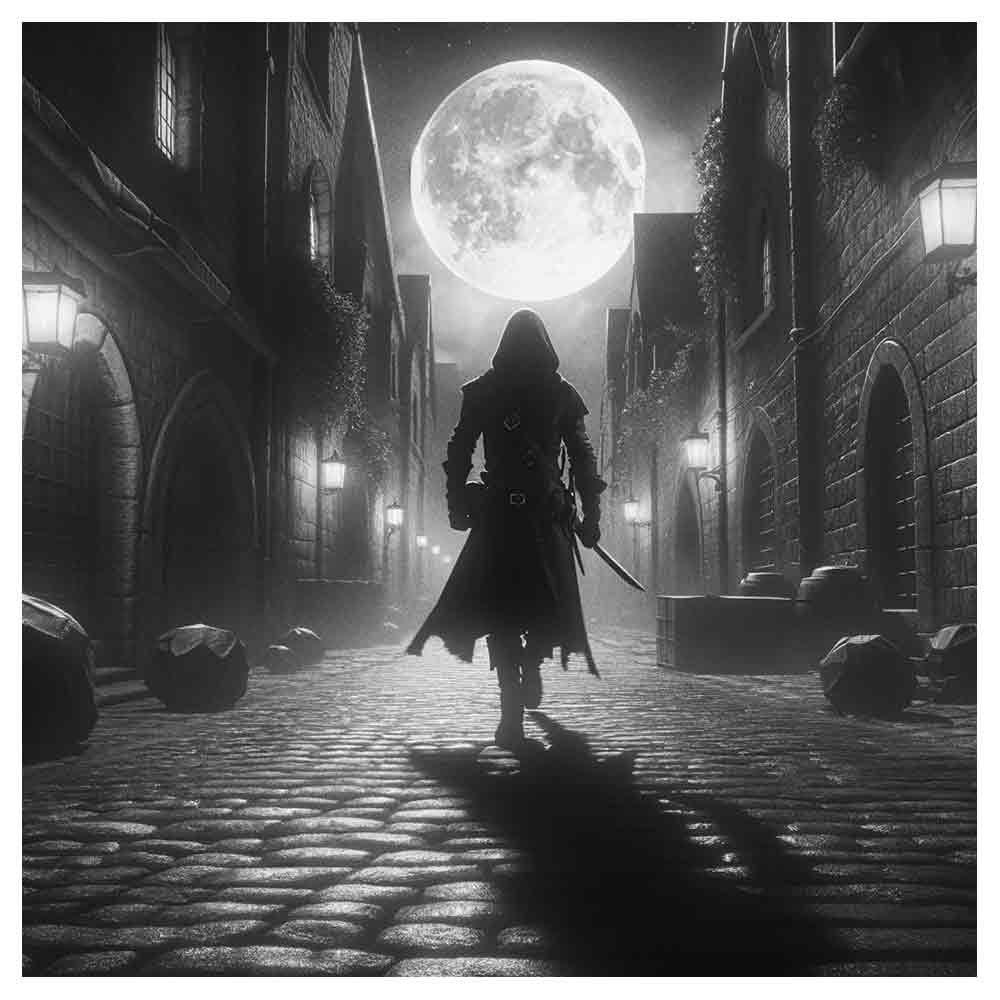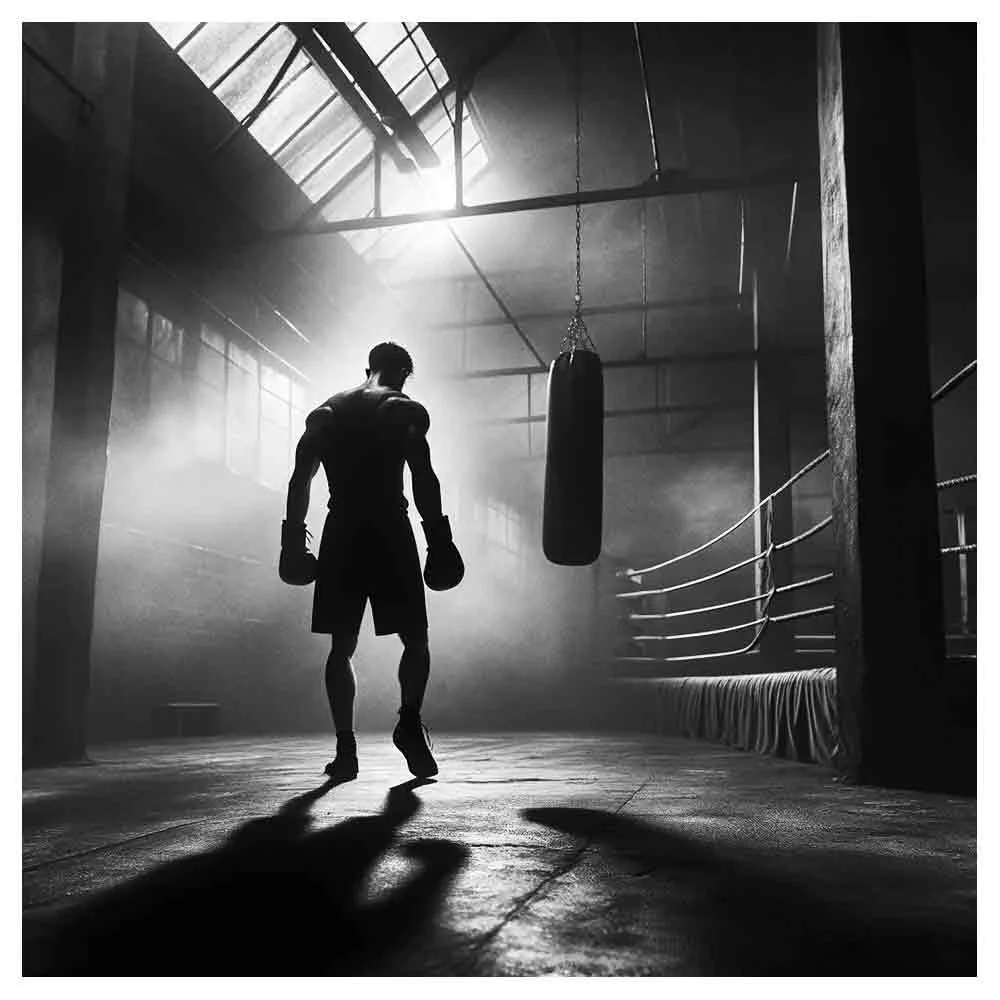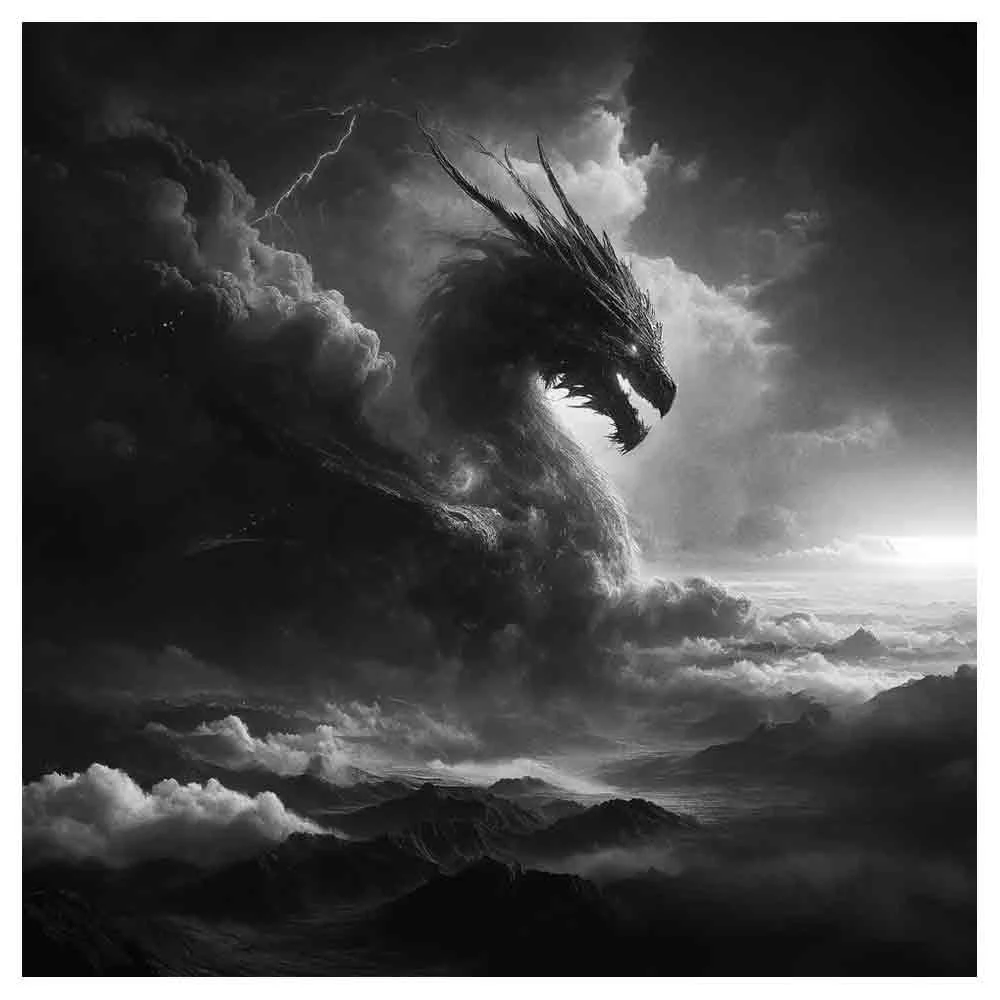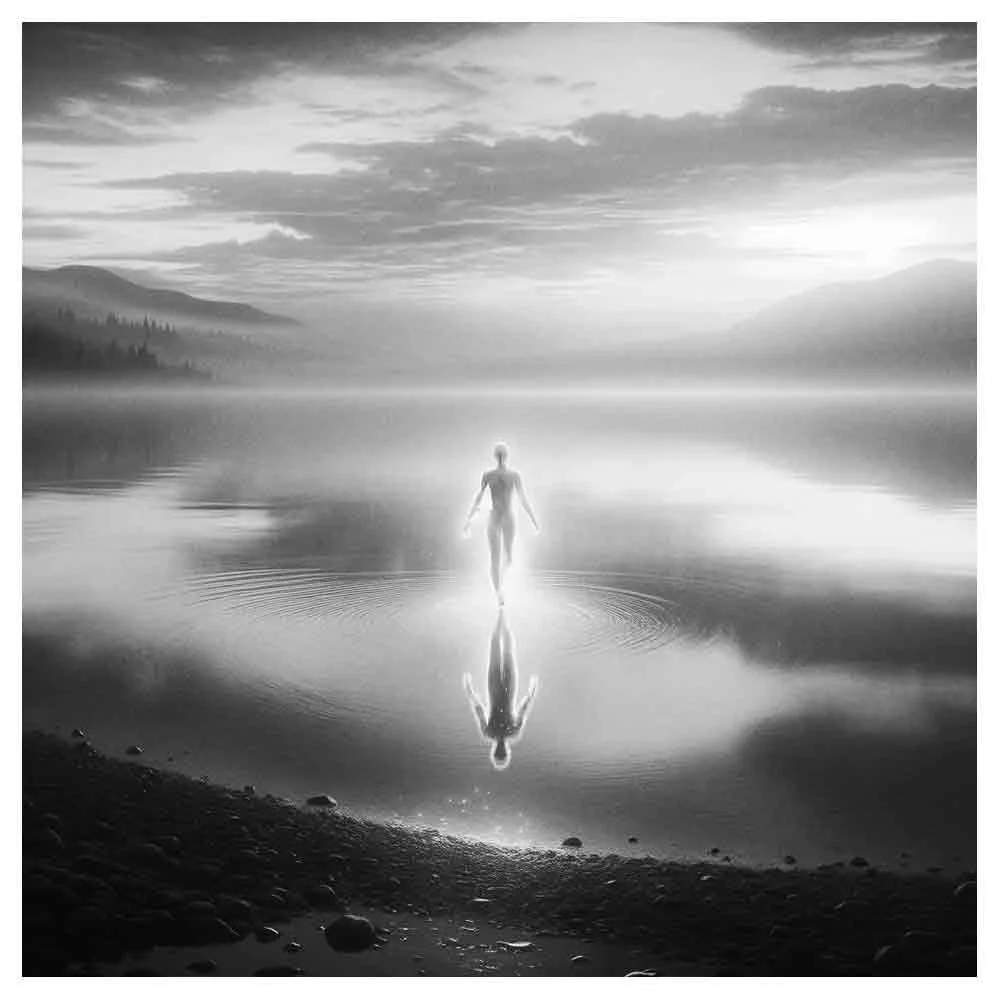How Long Does It Take To Write A Script?
Ever wondered, "How long does it take to write a script?" The answer isn't as straightforward as you might think.
Writing a feature-length script is like crafting a compelling cinematic story—it varies for everyone and depends on a myriad of factors.
Let's dive into the intricate world of scriptwriting and the nuances that come with it.
The Beauty of the First Draft
Ah, the first draft. It's the equivalent of a freshman year in a college metaphor scenario. It’s full of excitement, potential, and... well, errors. Some brave souls claim they can write a movie script in less than a week.
Still, most professional screenwriters would tell you that's rushing the process a bit.
The writing process, especially for feature film scripts, is complex. Think of the development and writing process as nurturing a plant. You don't just dump a bucket of water on it once and call it a day.
You tend it, prune it, and sometimes talk to it (or is that just me?).
It's the very same thing with writing. Your first and second scripts will likely be worlds apart in quality. This is because the more you write, the better a screenwriter you become.
The Time Frame Debate
The debate rages on. Some say the average screenwriting process takes about ten to twelve weeks for a feature script.
Others claim they've whipped up a spec script in just two weeks. Then there are those who, after only a few weeks, have the foundation of a potentially great script.
Here's just a general view:
Two to three weeks: This is the sprint. It's like downing your favorite espresso at the local coffee shop and bursting through.
Eight weeks: Here's where most professional screenwriters find themselves. It's a balance, a dance of sorts. Enough time to let the story breathe, but not too long that the initial passion wanes.
Few years: Remember, Rome wasn't built in a day. Some scripts, especially passion projects, take years to perfect. And that's okay.
The Variables in Play
The journey to a finished script isn't always a linear one. Here are some curveballs in the scriptwriting journey:
Writer's Block: The arch-nemesis of every writer. It's like a shadowy figure that lurks around, especially when the dark finally hits.
Page One Rewrite: You'll Often find yourself going back to the start after feedback (sometimes from a studio script reader or trusted peers). Yes, it's painful. But sometimes, it’s necessary for that compelling cinematic story.
Existing Script Edits: Maybe a production company loved your initial concept but wanted changes. Perhaps they even purchased the script but asked for a feature assignment tweak. This can add weeks or even months to the process.
Contractual Timelines: Once you're in the film industry, things like a general feature contract, guild minimum stipulations, and contract payment schedules can dictate your pace. The industry calls for sometimes accelerated schedules or more strict deadlines.
The Environment and You
Sometimes, the timeline depends on personal factors:
Personal Connections: Networking is vital. Sometimes, a casual conversation, online or published, can lead to a faster green light for your script.
Business Perspective: From a contract generally to understanding the producer's expectations, having a business can speed things up.
Mental Space: Whether you're experiencing overnight success or facing the harsh realities of a tough world, your mental space can accelerate or decelerate your writing process.
Final Draft and Beyond
Once you reach the final draft, it's a mix of elation and exhaustion. The culmination of various stages of editing, refining, and sometimes, just staring at scene headings, wondering if you’ve made the right choices.
While some experienced screenwriters might craft their first feature script quickly, others might take an extended period to perfect it.
But always remember, whether it's two weeks or two years, the journey and the story counts, not how long it took.
In the end, it's essential to be kind to yourself. The world of screenwriting is vast and varied, with no single-minded false formulas.
So, grab that coffee, head to your favorite writing spot, and remember that every single screenwriting journey is unique, just like the scripts we adore on screen.






























